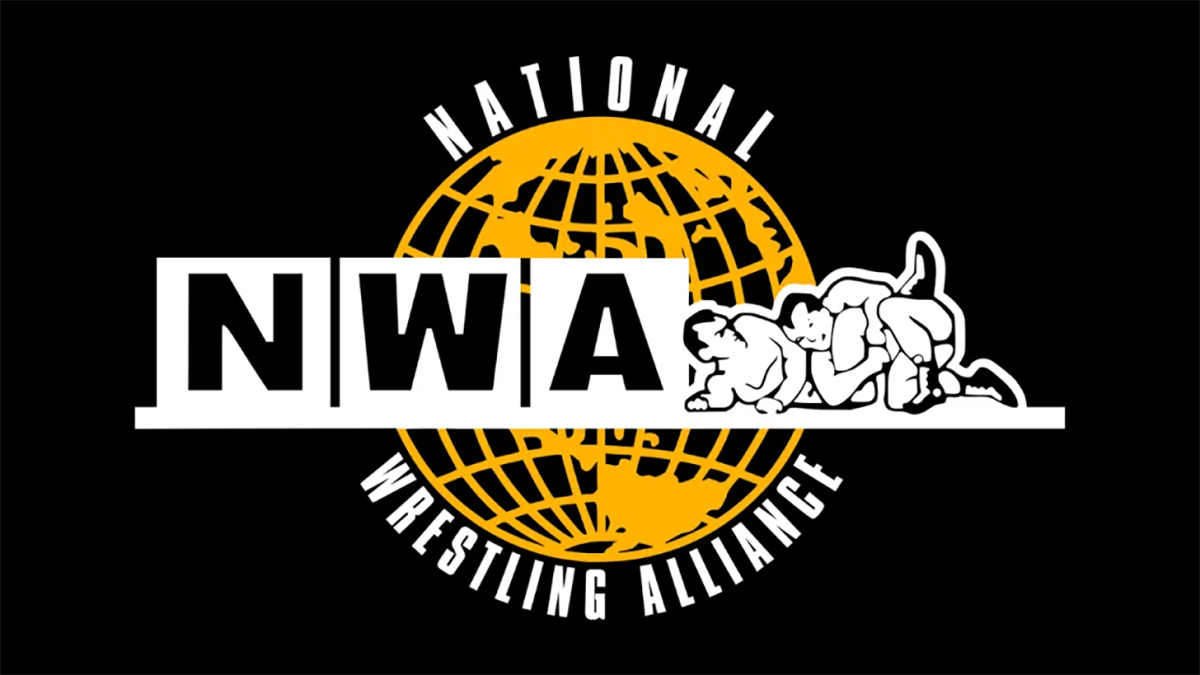DraftKings, an occasional advertising partner of the WWE and AEW is being sued for negligence, fraud and violations of the New Jersey Consumer Fraud Act.
The suit filed by Lisa D’Alessandro on behalf of her family claims the betting site took advantage of and encouraged her husband’s gambling addiction for four years costing the family almost $1 million in savings. The money he used to bet online came mostly from her credit cards and the children’s savings accounts.
D’Alessandro claims that DraftKings targeted her husband and encouraged him to gamble more by providing bonuses and incentives despite the incredible amount of money he was losing and feeding into their system. She believes their marketing campaigns fueled her husband’s addiction and those of other who frequent the site. Her husband’s debts accumulated to $125,000 a month on the site.
“They knew he was sick. They knew he had problems but they kept giving him bonuses and other perks to reel him back in,” D’Alessandro states in the suit. “To be clear, this suit does not allege liability on the basis that Defendants passively permitted a problem gambler to use its gambling platform. Rather, this suit alleges violation of New Jersey statutory and common law because Defendants actively participated in the addiction of Mdallo1990 by targeting him with incentives, bonuses, and other gifts to create, nurture, expedite, and/or exacerbate his addiction.”
“You think you’re building a nest egg for yourself and your family, and it turns out it’s gone,” D’Alessandro’s attorney, Matthew Litt, explained to The Independent. “This was a middle-class family. A lot of it remains on a credit card, and the rest of it is just gone.”
Tim Fong, co-director of the UCLA Gambling Studies Program told The Pinnacle Gazette: “We’ve seen states establish laws around this stuff but are they truly effective? It’s tough to say. The laws surrounding mobile sports betting can be vague and inconsistent, changing as swiftly as the technology itself. Often, companies will navigate these waters with ample legal loopholes, allowing them to exploit potentially addictive behaviors among players.”




